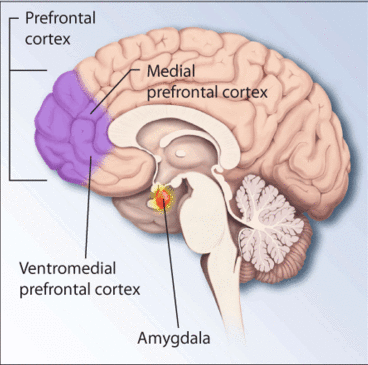PTSD linked to increased complications and death a year after cardiac arrest

Post-traumatic stress disorder (PTSD) symptoms may significantly increase cardiac arrest survivors' risk of major cardiovascular events and death up to a year after the initial medical crisis, according to preliminary research to be presented in Chicago at the American Heart Association's Resuscitation Science Symposium 2018.
PTSD, which is common following cardiac arrest, was associated with a three-fold increased risk of death from any cause or a major heart event in a review of 114 patients who had been resuscitated after in-hospital or out-of-hospital cardiac arrest between 2015 and 2017.
Of 114 consecutive patients who survived with mild to moderate brain injury, 36 (31.6 percent) were diagnosed with cardiac-arrest-induced PTSD at discharge, which was an average of 21 days after the cardiac arrest. During the follow up of more than a year, 10 patients (8.8 percent) died and 29 (25.4 percent) experienced a recurrent major adverse cardiovascular event, such as rehospitalization due to heart attack, severe chest pain, heart failure or an emergency procedure to open clogged arteries or to implant a defibrillator/pacemaker.
Researchers recommend further study to understand the underlying mechanisms.















